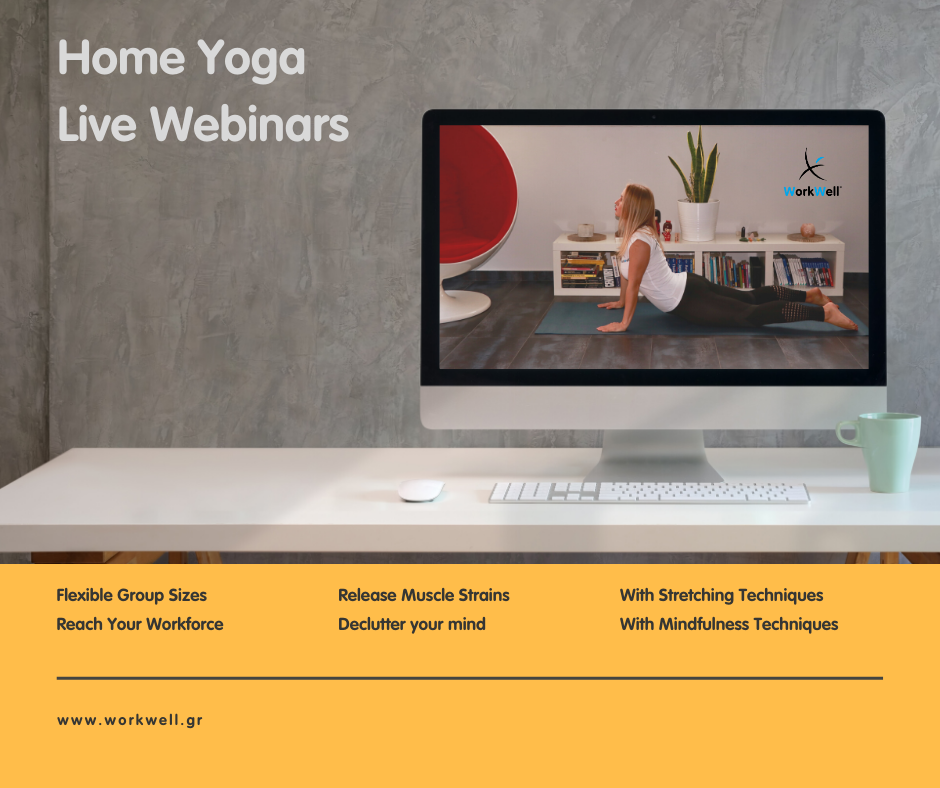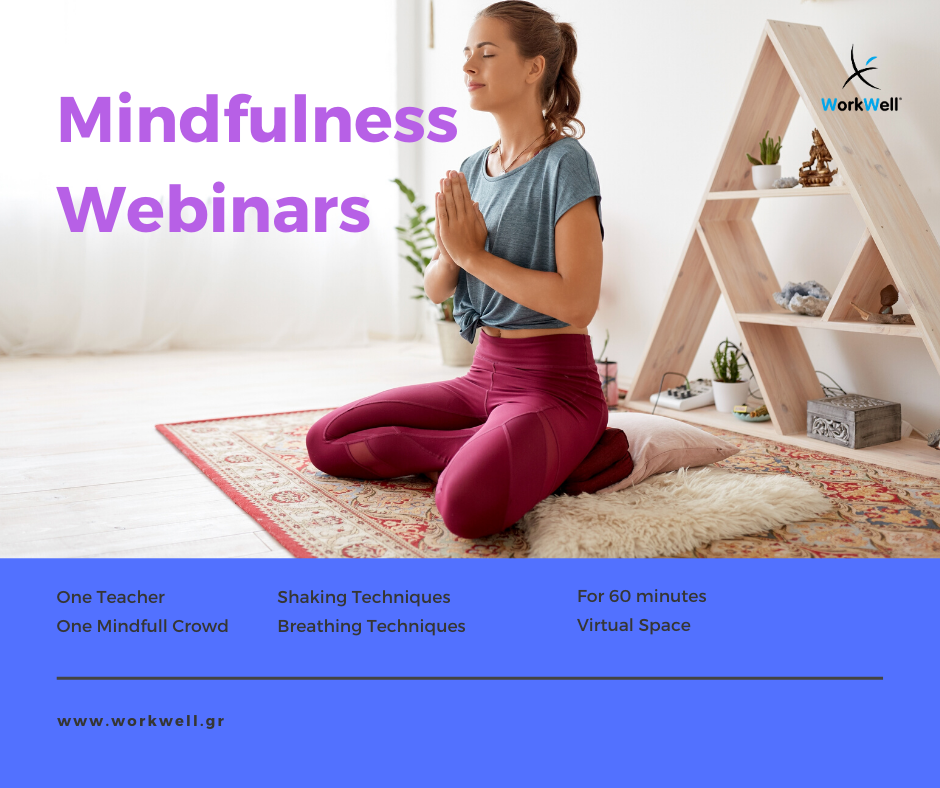As we all navigate shifting responsibilities and uncertain futures, coronavirus-related anxiety is climbing around the globe. Needless to say, as important as it is to stay on top of our physical health right now, checking in with our mental health is also essential. The following stress-reducing tools have long been tried-and-trues at mbg, and we’re more grateful for them now than ever before:
Source: MBG Health
1. Meditation
You’ve heard it before, but we’ll say it again: Meditation is a proven way to reduce anxiety and increase overall feelings of well-being. There are so many ways to start a meditation practice, so don’t be discouraged if you haven’t been able to stick with one just yet. Consider easing into it with mantras or breath awareness, or check out our library of guided meditations designed to help you drop in.
2. Breathwork
Speaking of the breath, it’s so important to remember to come back to yours any time you feel yourself getting swept away. By actively manipulating the breath, we can activate the parasympathetic nervous system and send a signal to our body that we’re safe. Give it a try any time by following a 2-1-4-1 breath: Inhale for 2 counts, hold your breath at the top for 1 count, exhale for 4 counts, then hold your breath at the bottom for 1 count.
3. EFT tapping
Practicing the Emotional Freedom Technique, aka tapping, is another way to reduce your levels of cortisol, the stress hormone. It requires putting pressure on certain points of the body while thinking about what’s stressing you out. The results can be fast—and palpable—and the best part is you can call on it any time you feel worked up.
Hopefully, these tools help make today and the days to come feel a little more manageable.
4. Steady movement | Yoga
Yes, gyms and studios are closed or partially opened but that doesn’t mean we have to neglect our fitness routines. In fact, it’s more important than ever to tap into all the physical and mental benefits of working out. Any form of exercise you like will do, but yoga is a great one to consider as it’s been found to help manage a myriad of mental health issues, including anxiety.

5. Radical acceptance
Virtually no one is unaffected by this pandemic, and we’re all grappling with a lack of control in one way or another. Practicing radical acceptance can help us release some of the inner tension and resistance we might be feeling around this new reality. This doesn’t mean you have to like the circumstances, by any means. But the idea is that by accepting them, you can free up mental space to focus on what you can control.
6. Gratitude
Difficult moments are when we need gratitude the most. Looking on the bright side—even when it’s really, really hard—can help us feel empowered and shift our perspective. Get in the daily habit of thinking about what you’re grateful for or putting a pen to paper and journaling about any silver linings that have emerged during this time.



